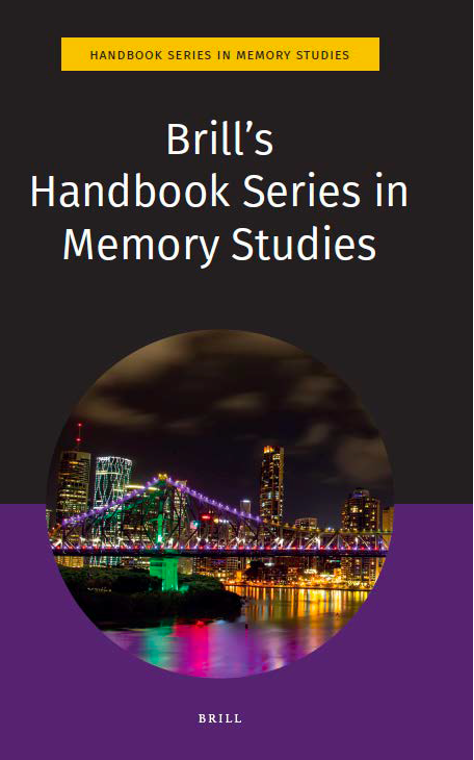Call for Abstracts
Brill Handbook of Indian Memory Studies
This edited collection of essays, part of the Brill’s Handbook series in Memory Studies, seeks to engage with and examine different discourses on memory studies in India. In accordance with the philosophical framework espoused in this series which acts as transnational reference guide in the field, the Indian Handbook aims to examine memory regionally and thematically, drawing on as well as highlighting key theoretical insights, keywords, and illustrative case studies. Inviting contributions from established academics as well as young researchers in the field, the Brill Handbook of Indian Memory Studies aims to explore the big-event model of memory from epistemic, psychological, philosophical, and political perspectives, while also engaging with the slow, experiential, and quotidian aspects of encoding, reconstruction, and forgetting. Focusing specifically on the Indian cultural, historical, ecological, and geopolitical setting while also engaging with experiences of the Indian diaspora, this handbook aims to offer a comprehensive coverage of the processes and phenomena of memory in fiction as well as in non-fiction, in affective as well as material-technological extensions. The volume will also focus on the phenomenon of forgetting, in personal/experiential as well as collective/shared contexts, not as the functional or ontological opposite of memory, but as a connected cognitive component of the same. The volume invites abstracts on the following topics in order to offer a complex and comprehensive engagement with memory studies in the Indian context.
• Memory and encoding in knowledge production • Memory and violence
• Memory and ontology of the event • Memory and language
• Memory and political change • Memory and representation
• Memory and migration • Memory and disaster
• Memory and marginality • Memory and trauma
• Memory and identities • Memory and ecology
• Memory and diaspora • Memory and monuments
• Memory, food, and rituals of consumption • Memory and public space
• Memory and consumerism • Memory and social space
• Memory and connective technology • Memory and medicine
• Memory and disruptive technology • Memory and philosophy
• Memory and popular culture • Memory and materiality
• Memory and affect
The Brill Handbook of Indian Memory Studies will be edited by Avishek Parui and Merin Simi Raj, Assistant Professors and research investigators of the Centre for Memory Studies at Indian Institute Technology Madras and chairpersons of the Indian Network for Memory Studies (INMS). Abstracts (of 250 words) may be submitted to indianhandbookmemorystudies@gmail.com by 20 December 2021. Selected abstracts will be invited to submit the first draft of the full essays (6000-7000 words including references) by 20 June 2022 following which there will be a peer review process. The final selected essays will be due for submission after revision by 20 December 2022.



